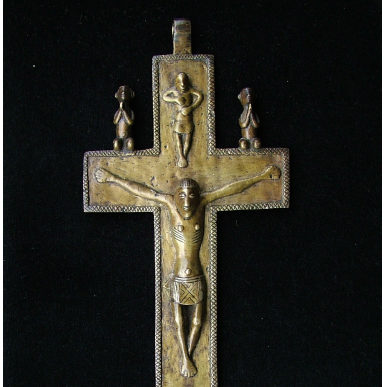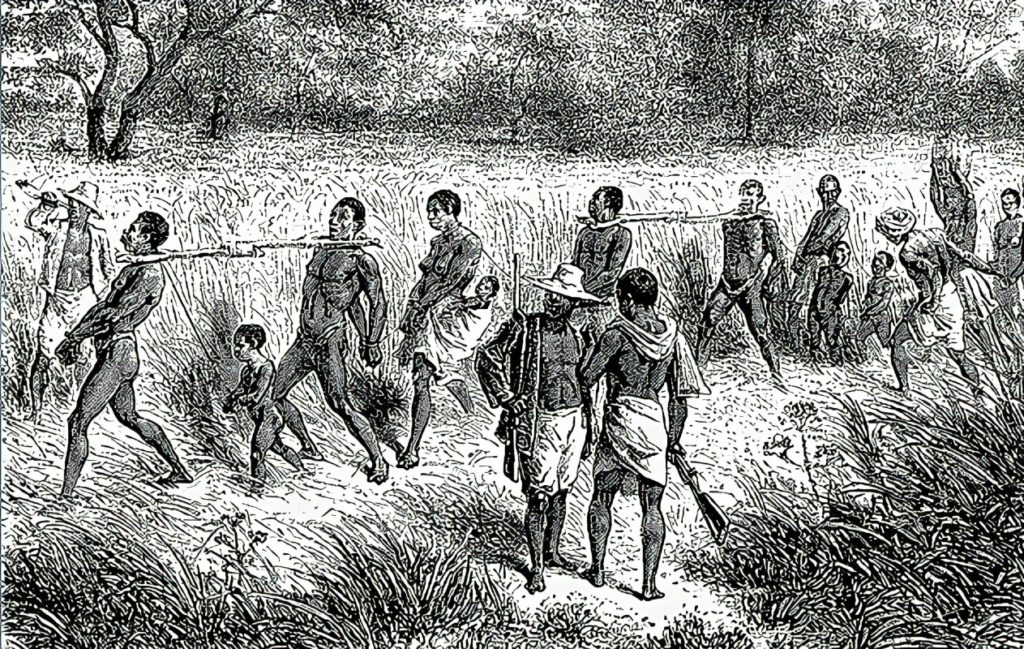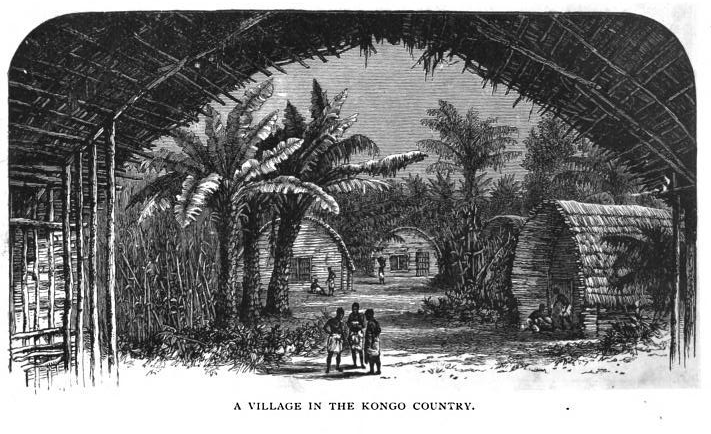First blog post! Wagwan, what’s crackin! I understand that COVID has really put us all in a funk and that we truly feel like there is no end in sight. However, as hi(story) has taught us, there is always hope at the end of the tunnel and we, as humanity, (hopefully) will get better. However, in order to get better at anything, we must be willing to go back and see what works and what doesn’t work and build towards something exponentially better. Or you end up with a byproduct of crazy shit that’s occurring right now. I will take my own advice and take that into stride as I write this post.
Honestly, and I might be wrong, I think we have an entire shakeup of normalcy and change every 100 years and the interval for shake-ups is shrinking more and more since we now have technology. One big shakeup was definitely when tiny Portugal, which is a little smaller than Indiana, decided to take the risk and sail overseas around 600 years ago. You may ask why wouldn’t the Europeans, especially Portugal, just stay where they were at and mind their gaddamn business?
Well, as human migration tells you, no one on this planet minds their gaddamn business. But, on a serious note, Europe was kinda in a fucked state. The Ottoman Empire, or modern day Turkey, had just crushed the last remnants of the Roman Empire, who were now the Byzantine Empire and trade to Asia had to go through them. Europe didn’t want that. Combine that with the fact that war(Hundred Years War) and disease(The Black Plague) had toasted everyone for the last 200 years and Europe realized they needed to find either new routes to Asia or a new source of trade. ASAP.
Enter West Africa. It was largely seen as a place of great wealth and the legends of Mansa Musa had probably been heard by people of Portugal and Spain during their tumultuous times with the Moors. The Moors (later used to identify a Muslim in Europe) were North Africans from the Maghreb, who used to bully the Iberian Peninsula and literally were a pain in the ass till 1500, ruling the Spaniards and Portuguese on and off. Their influence proved to be vital though and they improved the sailing strategies introduced. It led to Prince Henry of Portugal funding expeditions in search of gold, new food sources, slaves and glory for the kingdom. With nothing to lose, they made enormous strides and touched the North African Coast, getting as far as Sierra Leone by 1460. Things get interesting once they reach further down the west coast of Africa, especially the kingdom of Kongo.

Portuguese interaction with Kongo began at a time when the kingdom was at its height and was a serious regional power in coastal West-Central Africa. They defeated all competition in the region, and took tribute from them, whether that be slaves, ivory or gold . Most Portuguese sailors who visited this kingdom were shocked at how expansive it was and at the efficiency of the government seat of Mbanza-Kongo. They levied taxes on surrounding provinces with governors appointed by the king. The king was seen as the soul of the nation. It really is kind of the start of the transatlantic slave trade as we know it and ironically, the royal bourgeoise of Kongo and the Portuguese were initially close friends and partners, allowing them to set up shop in Sao Tome, an island not too far away. The conversion of the king to Christianity and use of Portuguese/European royal phrases such as duke and count is a testament to that
From his perspective, King Nzinga a Nkuwu was playing it smart cozying up to the new guys. The Kongo king wanted the best for his kingdom probably, and to be aligned with the Portuguese (who were becoming increasingly rich through their newfound trade with other parts of the world) was the right way to go. Of course, he met heavy resistance within his cabinet for the abrupt change in rules and regulations and infighting ensued within the royal family. Also, the relationship between Kongo and Portugal quickly turned into an unequal one as demand for slaves grew.
The markets were flooded with European cloth which could only be attained through the sale of human beings. Initially, enslaved persons were initially procured through conquests of rebellious or unconquered states and provinces. However, once there was peace, how could one fuel the economy? This turned into an unhealthy cycle of selling Kongo subjects and ravaging the population of people, ranging from slaves of the state to nobles deemed as disrespectful and unwanted.
The kingdom ended up collapsing due to the slave raiding to meet demands for money and succession disputes that followed between different houses and factions fighting for power and prestige. Their subsequent fall led to the beginning of a new era in Central Africa; economic means through the loss of human life.

